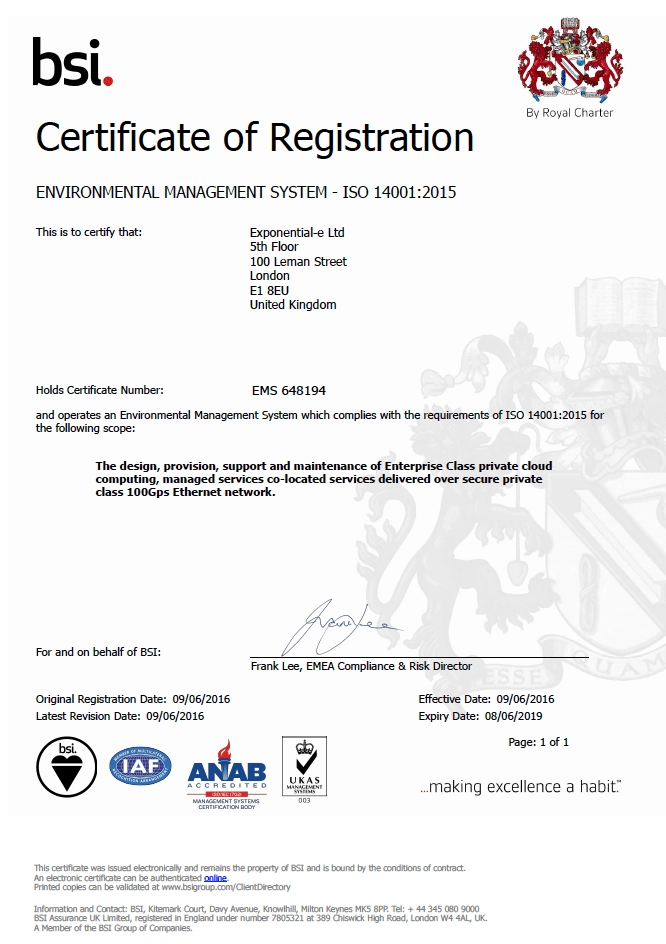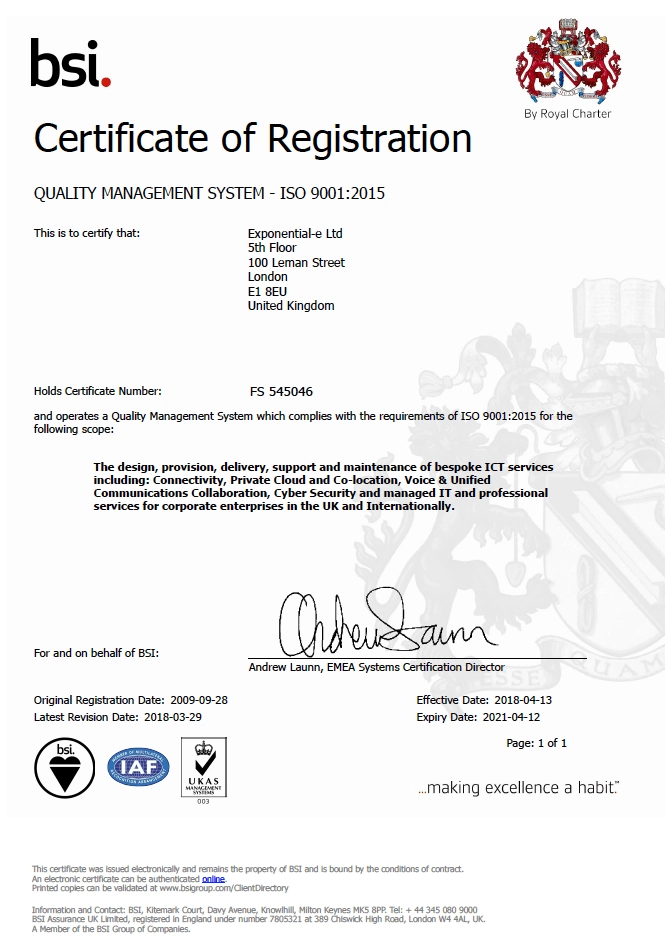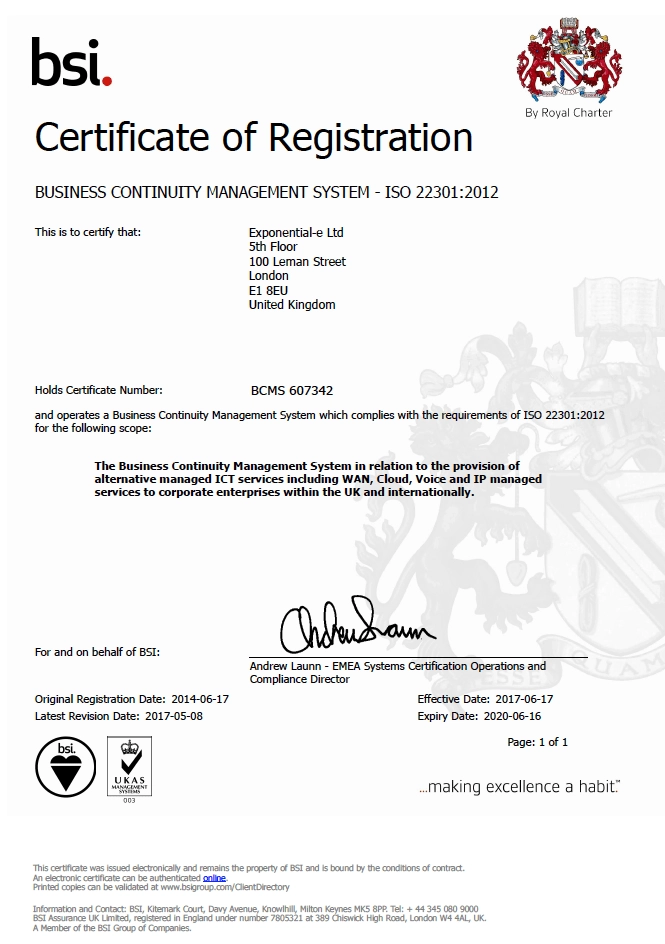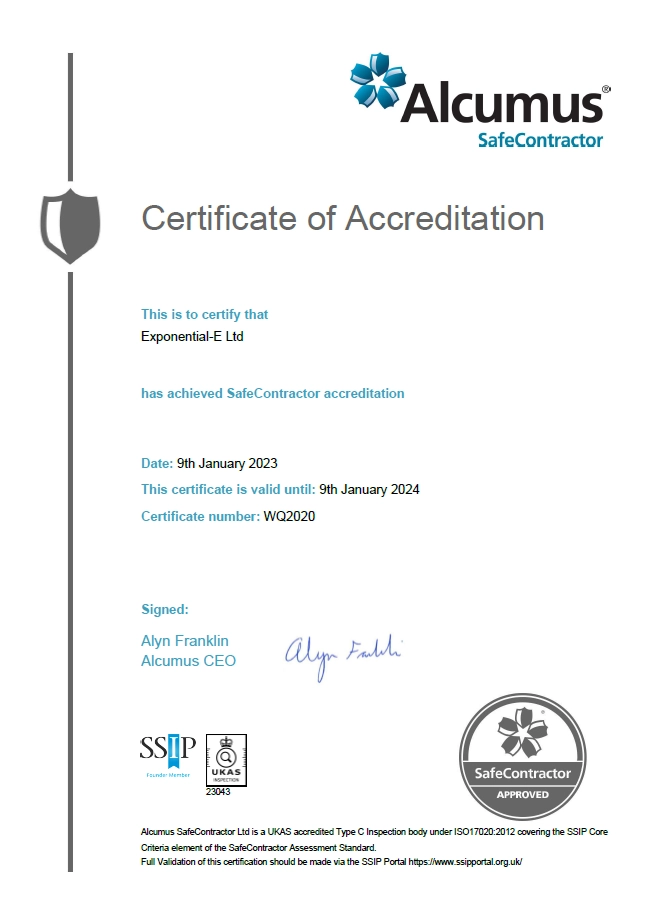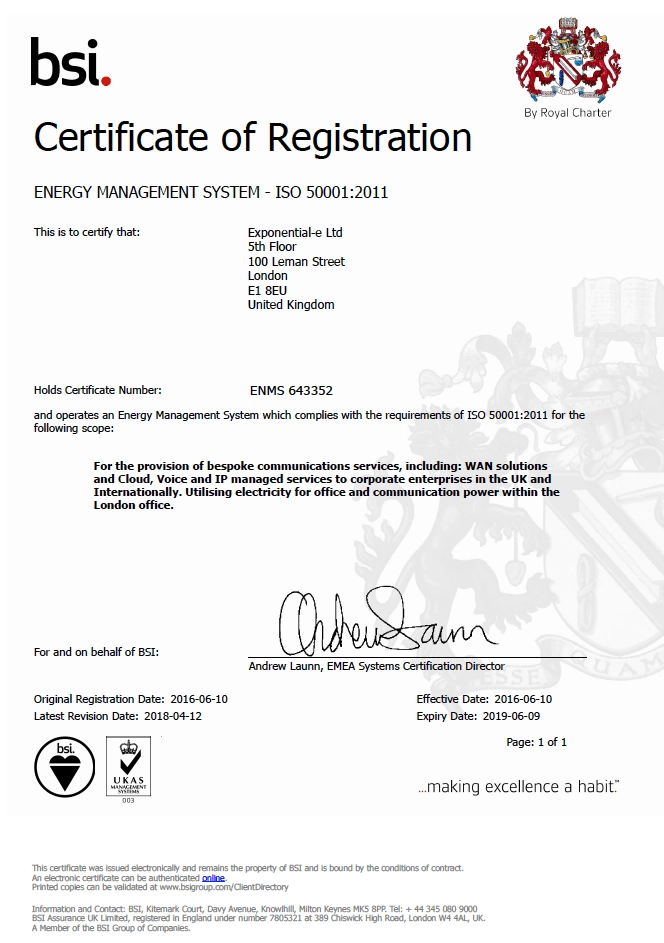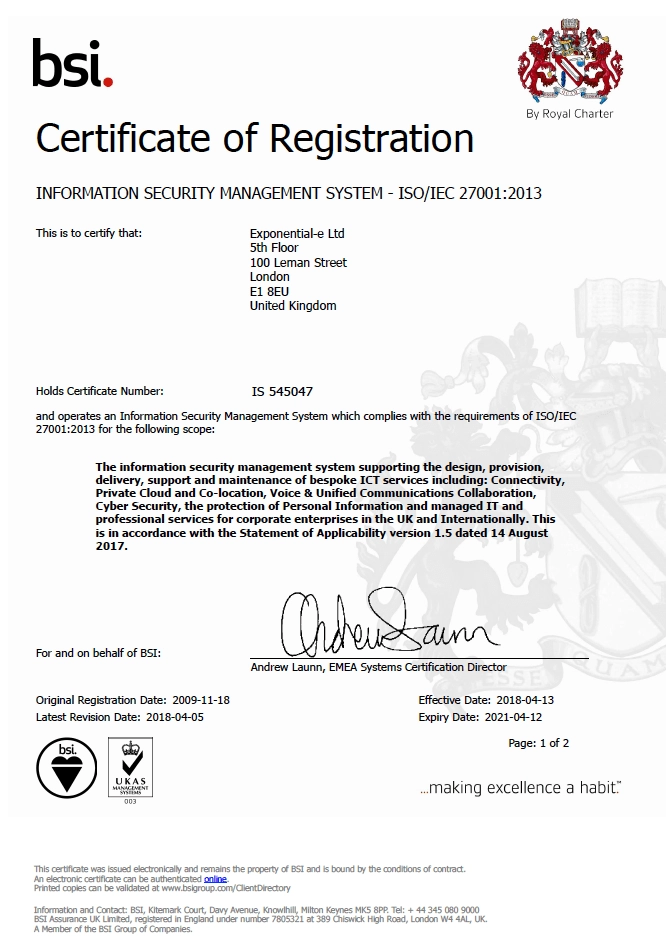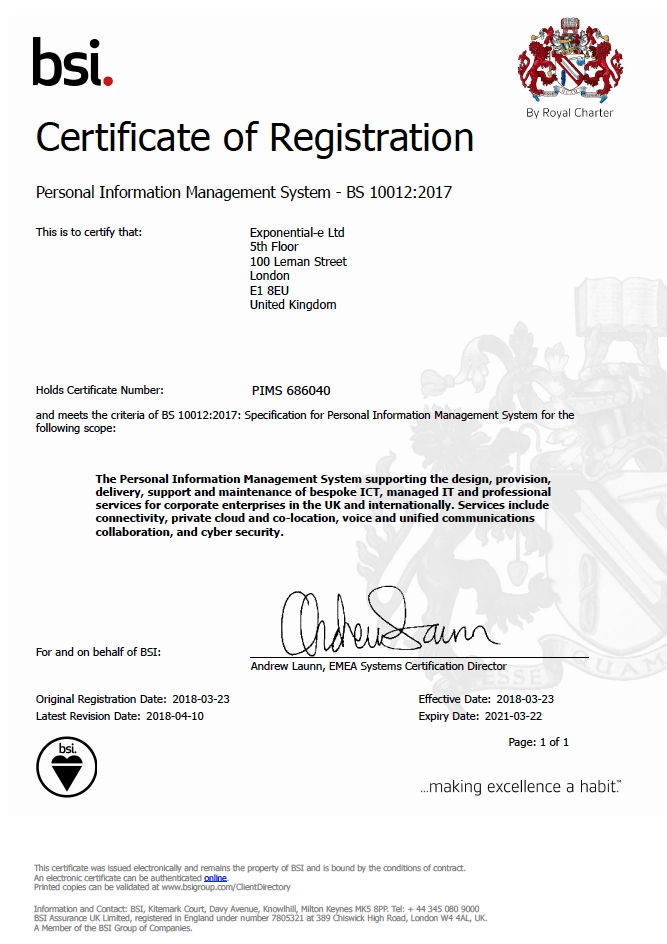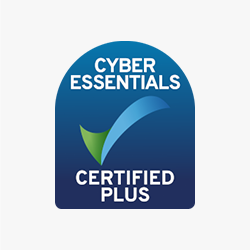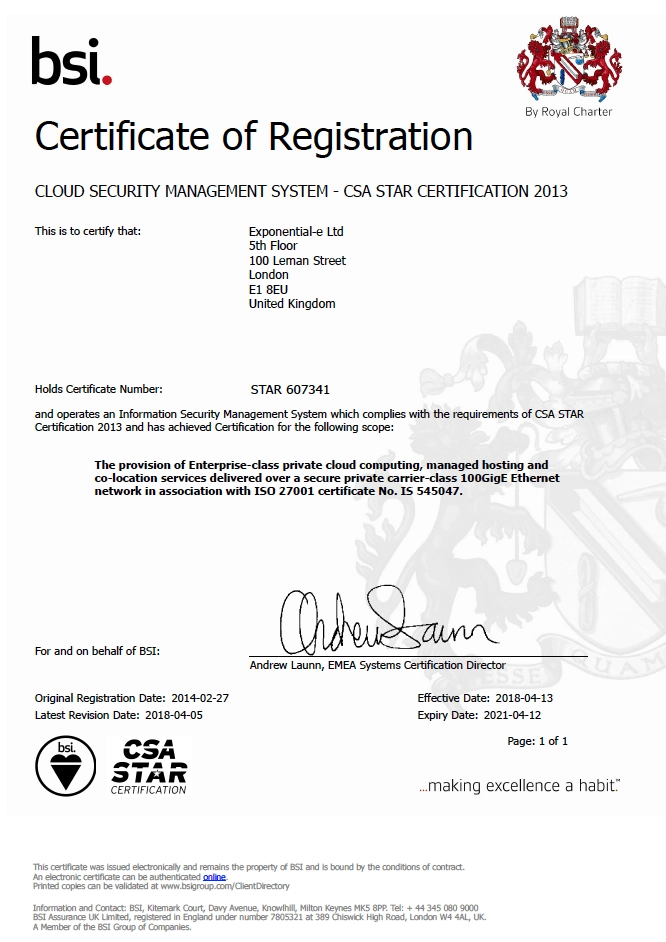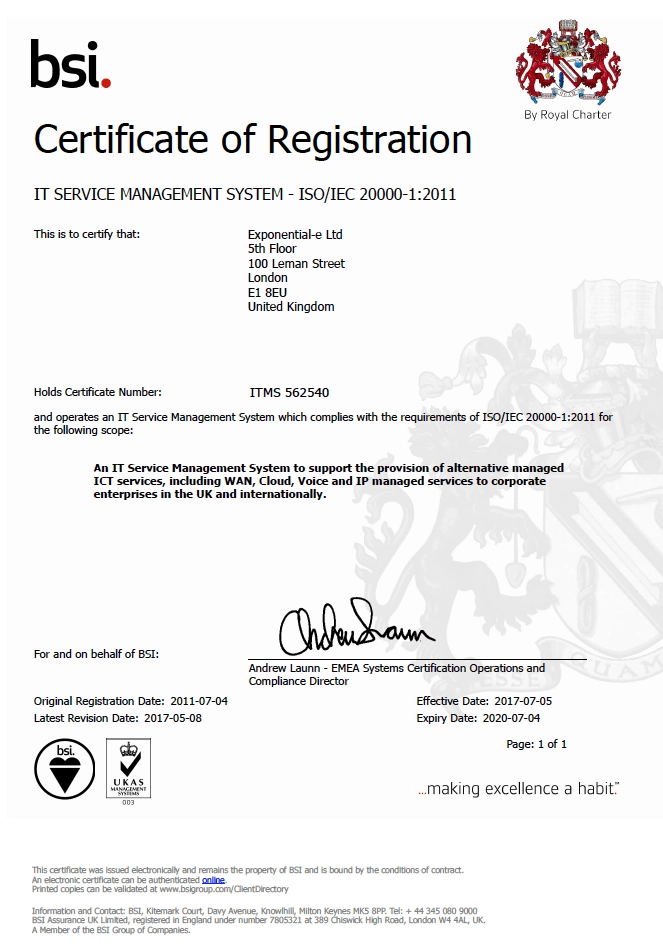MPLS vs VPLS Explained
A buyer’s guide to the difference between MPLS and VPLS technologies.
Both MPLS and VPLS provide enterprises with high-quality connectivity between dispersed remote locations. But to make an informed decision about which is right for you, it’s important to understand the key differences between them.
Connect with us
MPLS vs. VPLS in Simple Terms
While MPLS (or IPVPN) and VPLS share the same underlying technology, they are intended for very different applications and offer their own respective advantages. MPLS offers increased flexibility and scalability through the use of virtual private networks that automatically segregate traffic to optimise performance, while VPLS is ideal for organisations that want their in-house teams to enjoy complete control over their routing by combining LAN and WAN in a way that optimises security and enables effortless disaster recovery.



What is MPLS?
Multiprotocol Label Switching (MPLS) is a mechanism that encapsulates and transports customer data across a service provider backbone network in a segregated and high-performance manner. MPLS assigns labels in order to uniquely identify different types of traffic, including - for example - traffic belonging to different customers.
This labelling system bypasses the need to fully scan packets; MPLS thereby heightens efficiency and speeds up the flow of network traffic. Labelling also enables network administrators to establish Quality of Service characteristics, with which they can prioritise applications and allocate bandwidth accordingly

What is IPVPN?
Often when people refer to MPLS they're really referring to a Layer 3 Internet Protocol Virtual Private Network (IPVPN). MPLS is a transport mechanism, which you can run multiple services over the top of - one such is service is IPVPN operating at Layer 3.
IPVPN is used by many service providers to provide full managed Wide Area Networks (WANs) for enterprise customers. Typically, these will have fully managed routers on customer premise and often don’t have the capability to carry multiple services down one circuit.
What is VPLS?
Virtual Private LAN Service (VPLS) is a multipoint Layer 2 service that combines the capabilities and flexibility of a Local Area Network (LAN) and implements it over a WAN.
Combining Layer 2 Ethernet with MPLS label-switched paths, VPLS creates a simulated 'pseudo-LAN' environment. With VPLS, network administrators can easily control their own routing independently of the service provider, even across geographically remote sites.
MPLS and VPLS - Which is right for you?
Both MPLS / IPVPN and VPLS have particular strengths and weaknesses that have made them particularly suitable for different types of network, organisation, and business problem. However, VPLS does have some differentiators that add value to enterprise IT departments.

VPLS gives you complete control
VPLS gives you complete control of your routing, and can carry your VLANs. The service provider does not have to be involved in the routing - it’s completely in the hands of the enterprise to make changes as and when they require them.
IPVPN is typically a managed service, meaning that the routing control is controlled by the service provider. This means that all changes have to go through them - this could therefore cause you delays according to the lead time.

VPLS gives you the security of LAN over WAN
Security wise, VPLS gives you the security of LAN over WAN; unlike MPLS, VPLS does not share Layer 3 routing tables with your service provider.

Enables effortless disaster recovery
With VPLS, we offer a number of DR services that facilitate recovery of servers in a DR location with the same IP addresses - due to having an underlying Layer 2 technology.
Technical Features Comparison
Take a look at our table below to see further technical comparisons between MPLS and VPLS.
MPLS
Point to multipoint Connectivity 
Carry IP packets 
Carry non IP traffic IPX, UDUD, CDP, LLDP, RSTP etc 
The customer can carry their own VLANs within the service 
Service has multicast support (IGMP Snooping) 
IP subnets extendable over multiple geographical sites, Layer 2 adjacency for VMware 
Ability to run any interior gateway protocol between customer sites, including OSPF or EXGAP. 
Ability for customer to take complete control of their own Layer 3 environment 
Advanced
Point to multipoint Connectivity 
Carry IP packets 
Carry non IP traffic IPX, UDUD, CDP, LLDP, RSTP etc 
The customer can carry their own VLANs within the service 
Service has multicast support (IGMP Snooping) 
IP subnets extendable over multiple geographical sites, Layer 2 adjacency for VMware 
Ability to run any interior gateway protocol between customer sites, including OSPF or EXGAP. 
Ability for customer to take complete control of their own Layer 3 environment 
Accreditations
Environmental Management
Certificate number: EMS 648194
Quality Management
Certificate number: FS 545046
Business Continuity Management
Certificate number: BCMS 6073420
SOC2 - Type 2 Compliance
A SOC2 - Type2 Compliance is an internal controls report capturing how a company safeguards customer data and how well those controls are operating. These reports are issued by independent third party auditors covering the principles of Security, Availability, Confidentiality, and Privacy.
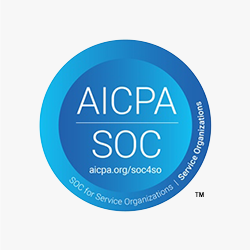
Energy Management
Certificate number: EMS 648194
Information Security Management
Certificate number: IS 545047
2017 Data Protection
Certificate number: PIMS 686040
Cloud Security
Certificate number: STAR 6073412
Service Management
Certificate number: ITMS 562540
ISO 27001
Certificate number: IS545047
PCI DSS
The PCI DSS is a set of comprehensive requirements for enhancing Network security. It is a multifaceted security standard that includes requirements for: Security management, policies and procedures, network architecture and their critical protective measures. This comprehensive standard is intended to help organisations proactively protect its Network.
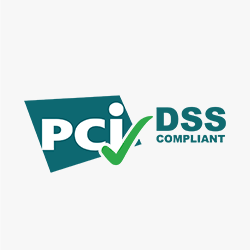
The CCA Global Standard
The CCA Global Standard is a globally-recognised accreditation that acknowledges excellence in organisations’ customer service strategies, in order to develop a high standard of customer experience across all sectors, all over the world. The assessment process looks closely at a number of areas, including managing the transition to new working models, agent wellbeing, monitoring and analytics, and the overall customer journey.
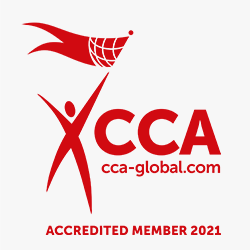
ISO 27001
Certificate: IS545047
SOC2 - Type 2 Compliance
A SOC2 - Type2 Compliance is an internal controls report capturing how a company safeguards customer data and how well those controls are operating. These reports are issued by independent third party auditors covering the principles of Security, Availability, Confidentiality, and Privacy.

The CCA Global Standard
The CCA Global Standard is a globally-recognised accreditation that acknowledges excellence in organisations’ customer service strategies, in order to develop a high standard of customer experience across all sectors, all over the world. The assessment process looks closely at a number of areas, including managing the transition to new working models, agent wellbeing, monitoring and analytics, and the overall customer journey.

PCI DSS
The PCI DSS is a set of comprehensive requirements for enhancing Network security. It is a multifaceted security standard that includes requirements for: Security management, policies and procedures, network architecture and their critical protective measures. This comprehensive standard is intended to help organisations proactively protect its Network.

Rolling 3 month average. Industry average: 17
Our commitment to delivering excellence
The world’s first real-time NPS - part of our longstanding customer service promise.
Through our own customer service platform, our customers are able to give us feedback quickly and easily, with a click of a button. Our Customer Support teams are immediately notified of feedback so they can respond instantly, in order to quickly closing the loop on any feedback that is less than excellent.
RESOURCES
More Insights
GET IN TOUCH
Make the Right WAN Choice with Confidence
Unlock tailored insights into MPLS and VPLS capabilities, and discover which architecture delivers the control, security, and disaster recovery resilience your enterprise needs. Request a WAN Architecture Assessment.
Contact Sales: 0845 470 4001
Service & Support: 0800 130 3365
London Head Office
Manchester Office
*Calls to 0845 numbers will cost 7p p/m plus your phone company’s access charge.
All inbound and outbound calls may be recorded for training or quality purposes.

